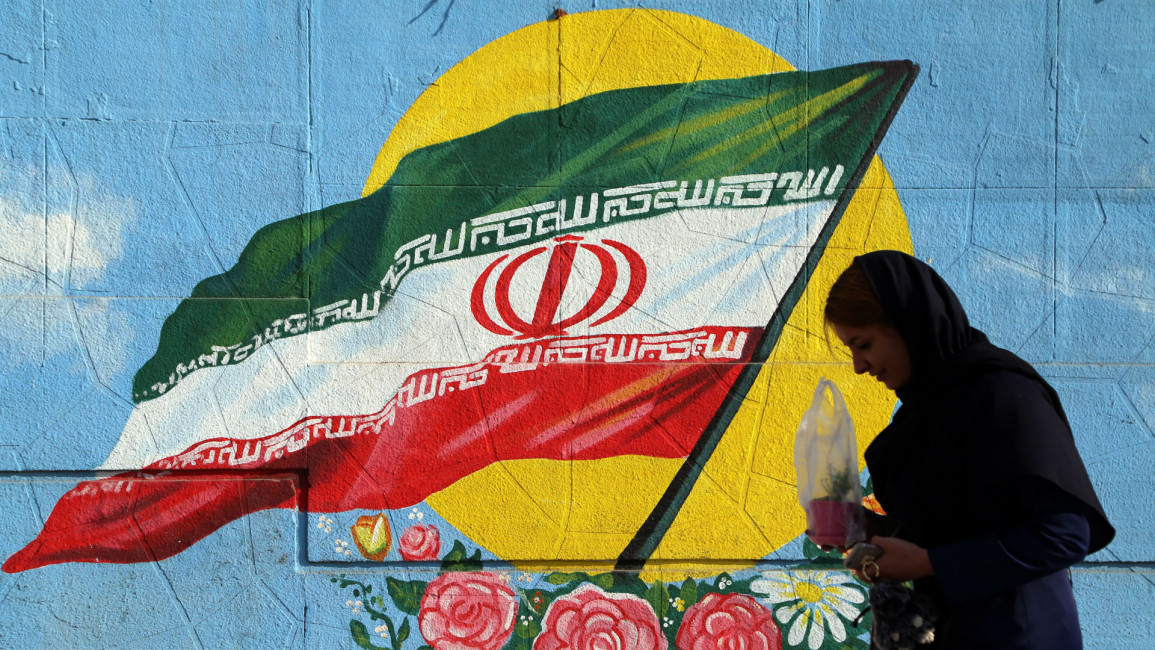Iran executed more than 60 people in July: rights group
Iran executed more than 60 people in July, an increase from the previous month, a human rights watchdog said Monday.
Sixty-one executions were recorded in the country in July by the Hengaw Organization for Human Rights. In June, 52 people were executed.
Among those given the death penalty last month were 12 Baluchis, 11 Kurds, nine Turks and four Afghanis, Hengaw said. They include three political prisoners.
The report added that 31 were allegedly executed for drug-related charges, 22 for deliberate murder, and five for sexual assault.
Iran has hanged at least 354 people in the first six months of 2023, the Norway-based Iran Human Rights group said on Monday, adding that the pace of executions was much higher than in 2022.
The rights group said the figure was up 36 percent on the same period in 2022, when 261 people were executed.
Monday’s report comes on the same day two prominent female journalists were sentenced to prison in Iran for participating in anti-government protests last year, triggered by the death of Kurdish-Iranian teenager Mahsa Amini in police custody.
Saeedeh Shafiei and Nasim Soltanbeigi were each sentenced to three years and seven months in prison for producing "propaganda against the system."
An Iranian journalist warned that the government's intensified crackdown on journalists and activists was aimed at suppressing any potential resurgence of protests as the anniversary of the 2022 nationwide demonstrations approaches in September.
"They are well aware that people will take to the streets again for the anniversary, and the judiciary along with security officials are actively working to reduce the scale and breadth of the protests by spreading fear in society," an Iranian journalist told The New Arab in a phone interview.
The journalist, who had previously faced imprisonment for her professional work during the 2009 Green Movement and wished to remain anonymous, emphasised that Iranian authorities had employed similar tactics following past uprisings in the country.
"I think that even the return of Gashte Ershad to the streets is a part of this strategy, and it's a show of power to those gearing up for the anniversary of last year's demonstrations," she added, using the Farsi term for police patrols enforcing the Islamic dress code in the country.



